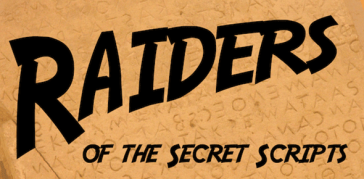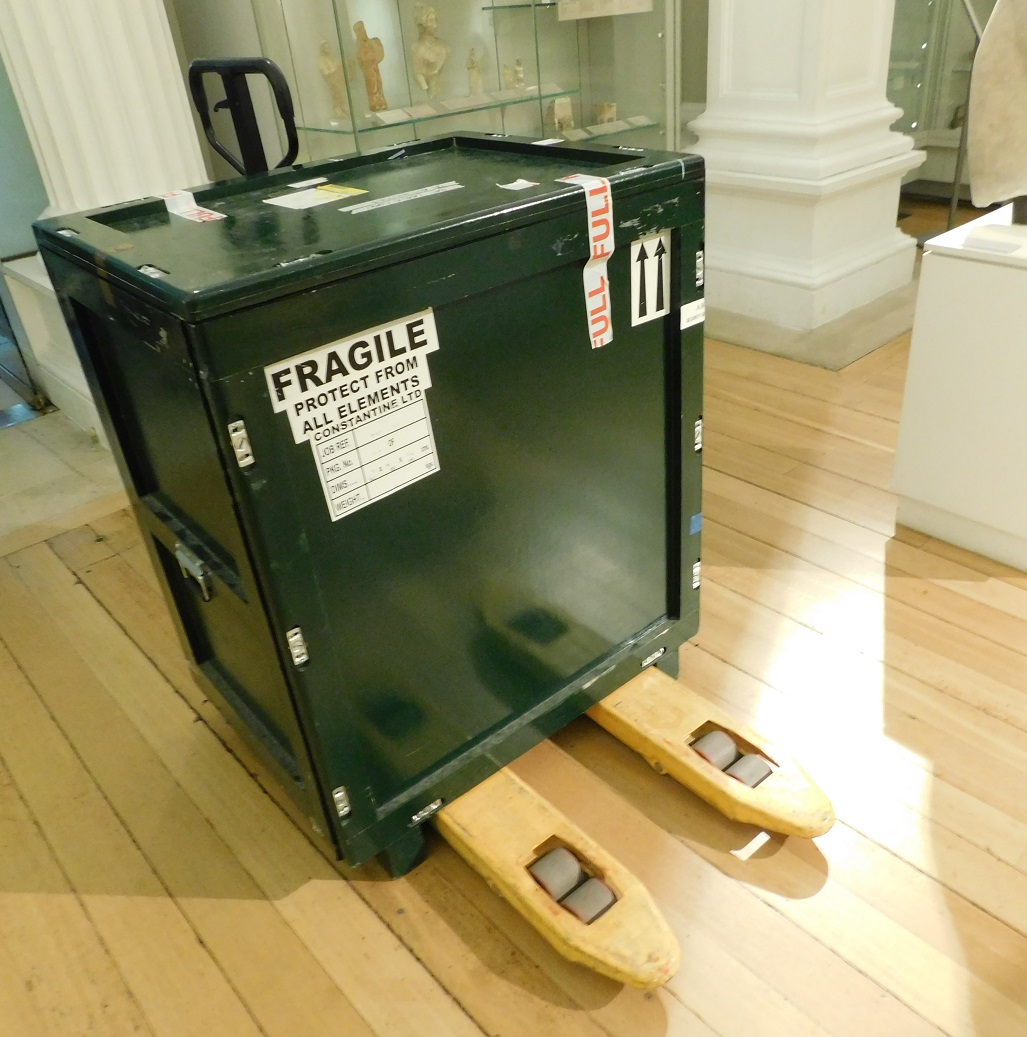We are delighted to announce the new CREWS Visiting Fellows, who will be coming to spend some time with us here in Cambridge next year. When we launched the visiting fellowship scheme last year, we aimed to host scholars working on similar research themes, giving them a chance to spend time with access to our resources and us a chance to interact and exchange ideas with them as members of the CREWS team. The first results have been extremely stimulating and productive. This year’s visits from Willemijn Waal, Giorgos Bourogiannis and Cassandra Donnelly have been wonderfully successful, not to mention greatly enjoyable, and I am very much looking forward to welcoming new friends and colleagues to spend time with us next year.

There were three main winners of our Visiting Fellowship competition, plus two who will spend shorter periods with us, all as CREWS Visiting Fellows. They are working on all sorts of wonderful things, including imaging techniques that help us to understand inscribed objects better, investigating distinctive traits in and social contexts of the epigraphic habits of different areas, new ways of trying to understand linguistic features underlying undeciphered scripts and the history of alphabetical ordering of information. Read more below! Continue reading “New Visiting Fellows at CREWS”


 CREWS had its own event on Friday 19th October as part of an evening of fun in the Museum of Classical Archaeology (AKA the Cast Gallery) at the Faculty of Classics: Raiders of the Secret Scripts, mostly aimed at an adult audience. Philip and Rob were on hand to guide people through an exercise in reading Ugaritic cuneiform, while anyone interested in Linear B could try their hand at counting animals in a clay tablet, with me and our CREWS-friend colleague Dr Anna Judson there to help with the hard bits.
CREWS had its own event on Friday 19th October as part of an evening of fun in the Museum of Classical Archaeology (AKA the Cast Gallery) at the Faculty of Classics: Raiders of the Secret Scripts, mostly aimed at an adult audience. Philip and Rob were on hand to guide people through an exercise in reading Ugaritic cuneiform, while anyone interested in Linear B could try their hand at counting animals in a clay tablet, with me and our CREWS-friend colleague Dr Anna Judson there to help with the hard bits.
 At the CREWS project we are conducting new research on ancient writing systems, but the research itself is only one aspect of what we do. There’s no point in finding things out if you don’t communicate them after all. And we love passing on our enthusiasm for ancient writing! That is why we are trying to develop our outreach activities and teaching materials (see more below), and we also report on these aspects to our funding body, the European Research Council.
At the CREWS project we are conducting new research on ancient writing systems, but the research itself is only one aspect of what we do. There’s no point in finding things out if you don’t communicate them after all. And we love passing on our enthusiasm for ancient writing! That is why we are trying to develop our outreach activities and teaching materials (see more below), and we also report on these aspects to our funding body, the European Research Council.

 we can think up!
we can think up! Sarah gained an MA (Hons) in Applied Linguistics from the University of Sheffield in 2006, where she particularly focussed on language development and the social context of language use in L1 and L2 learners.
Sarah gained an MA (Hons) in Applied Linguistics from the University of Sheffield in 2006, where she particularly focussed on language development and the social context of language use in L1 and L2 learners.